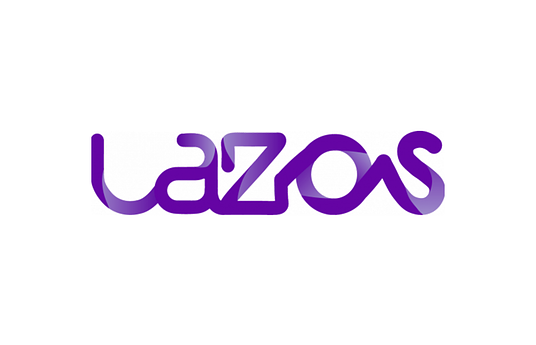India’s youth instead of pursuing their true potential spends most of their lives preparing for examinations with selection rates of less than 1%. This leads to high inequity and limited pathways for growth. This innovation was created for youth from underserved communities to be more agentic and economically productive, fostering their agency and potential.
Udhyam Shiksha fosters entrepreneurial mindsets in youth through a 4-year curriculum facilitated by teachers at scale in government schools. Each year offers a unique real world project opportunity to students.
Across all grades, students select project ideas based on their interests and contextually relevant opportunities. These projects are aligned towards social innovation, community concerns or local economic challenges.
All entrepreneurial projects are done in teams with robust real world engagement. Students conduct local need assessment, market research, build prototypes, interview customers, speak with mentors, take expert guidance, and present their solutions.
Throughout their learning journey, students consistently reflect on their mindsets and competencies in collaboration with each other.
These projects are accomplished using minimal resources and technology to prepare students for the out of class real world actions.
Over the last 7 years our programme has seen increasing interest and adoption by governments, educators and other non profits.
We are now in 12 states across 8300 government schools and institutions.
Entrepreneurship mentors and institutional volunteers across India play a pivotal role in students’ journeys. Our alumni have formed a student-led community to encourage other young entrepreneurs. Funders and successful entrepreneurs are also contributing to this journey financially.
Researchers from McGill University have established a lab in collaboration with Udhyam to understand youth agency and entrepreneurial mindsets more deeply in India. Findings of this longitudinal research will be used for policy reforms.
We aspire to reach 20 million students in the coming 2-3 years.
Our curriculum, implementation process and MEL documents are all open source and have been adopted by 4+ organisations already. We encourage educators to read through those documents and reach out to us at shyam@udhyam.org. We engage with our ecosystems intently to help adapt our programme to their contextual needs. We fully assist in co-creating, piloting and implementing the programme.



